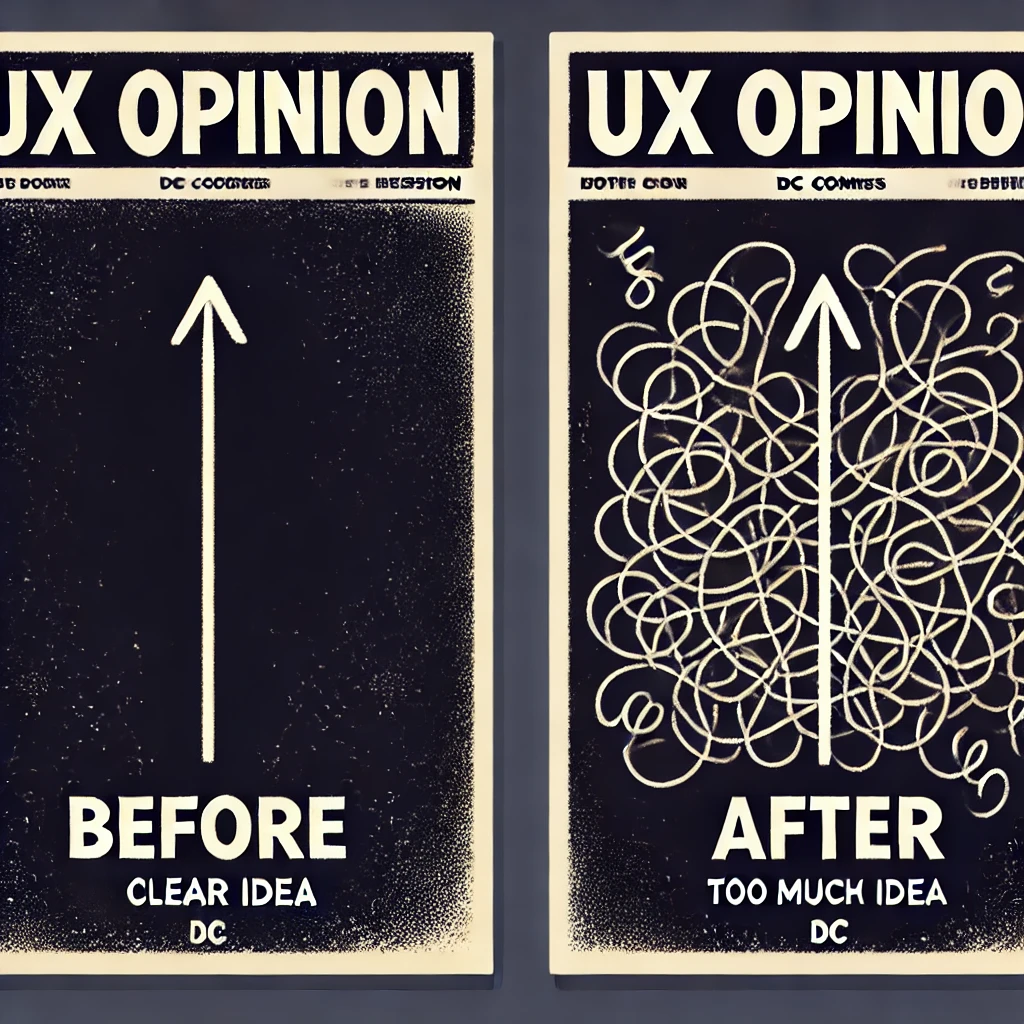The Stoic & the Paradox of Crowd Wisdom in Modern UX Design
In the modern UX movement, it is common practice to solicit the thoughts and feelings of random users. This approach stems from the belief that understanding the end-user's perspective is crucial to creating a product that meets their needs. However, the validity and usefulness of this feedback can often be questionable. When users lack a deep understanding of the product or its intended purpose, their opinions can dilute the design vision, resulting in a product that tries to please everyone but ends up satisfying no one.
“The opinion of 10,000 people is of no value if none of them know anything about the subject.”
―Marcus Aurelius
Marcus Aurelius's assertion highlights a fundamental issue with relying solely on uninformed opinions. The crowd's wisdom can often compromise quality and innovation. In UX design, this is evident when feedback from a broad, non-expert audience steers the design process away from the original vision, leading to a mediocre rather than exceptional product.
The best designers and business people often rely on intuition and expertise. This intuition is not merely a gut feeling but a synthesis of deep knowledge, experience, and a profound understanding of the user and the market. These experts can foresee needs and issues the average user cannot articulate. They use their informed perspective to guide the design process, creating products that meet current user expectations and anticipate future needs.
Steve Jobs famously said, "People don’t know what they want until you show it to them." This encapsulates the essence of intuitive design. Great designers do not just react to user feedback; they anticipate and shape user desires and experiences. They lead rather than follow.
However, this does not mean that user feedback is entirely without value. The key is in the balance. Informed designers use user feedback as one of many tools in their arsenal. They listen, but they also filter and interpret this feedback through the lens of their expertise. They recognize that while users can provide valuable insights into their pain points and preferences, the designer must translate these insights into a coherent and visionary product.
In conclusion, while user feedback plays a vital role in UX design, it should not be the sole driver of the design process. Marcus Aurelius’ wisdom reminds us that the insights of the informed are often more valuable than the opinions of the many. The best designers and business people harness their intuition and expertise, using user feedback judiciously to create products that are not only functional but also visionary and inspiring. This balance between intuition and feedback ultimately leads to innovative and successful designs.

